Who Is Suitable for Beard Transplantation?
A well-groomed, full beard has become a powerful symbol of masculinity, style, and confidence. However, not every man is naturally able to grow a dense and even beard. Beard transplantation has become an increasingly popular solution—but it’s important to understand that not everyone is an automatic candidate for the procedure.
So, who is suitable for a beard transplant?
Let’s take a closer look at the ideal candidates, medical considerations, and factors that determine eligibility.
✅ Ideal Candidates for Beard Transplantation
You may be a good candidate for a beard transplant if:
1. You Have Naturally Sparse or Patchy Facial Hair
Some men simply can’t grow a full beard due to genetic reasons. If you’ve always had thin or uneven beard growth despite age or hormonal balance, a transplant can help you achieve the look you want.
✂️ 2. You Have Scars or Hair Loss Due to Injury or Surgery
Beard transplants are highly effective for covering scars caused by:
- Acne
- Surgical procedures
- Burns or trauma In such cases, follicles can be implanted directly into the scar tissue (if it has proper blood supply).
3. You Want to Reshape or Redefine Your Beard
Even if you already have facial hair, you might want:
- A more defined beard line
- A thicker goatee or mustache
- To connect patches, like the cheeks to the chin
Beard transplants are fully customizable and can be designed to match your facial structure and aesthetic preferences.
4. You’ve Lost Hair Due to Medical Conditions
Certain health conditions can lead to facial hair loss, including:
- Alopecia areata
- Hormonal imbalances
- Trichotillomania (hair-pulling disorder)
- Post-chemotherapy recovery
Once the underlying condition is stable or treated, a beard transplant can be considered.
Who May Not Be Suitable?
While many people qualify, there are some conditions or limitations that might delay or prevent the procedure:
❌ Inadequate Donor Hair
Beard transplants require strong, healthy donor follicles, usually from the scalp (back or sides). If you have severe hair thinning or baldness, there may not be enough donor hair.
❌ Active Skin Conditions
If you have active infections, dermatitis, or uncontrolled acne in the beard area, these need to be resolved before any transplant can be done.
❌ Unrealistic Expectations
If you expect instant or overly dramatic results, it’s important to understand that beard growth is gradual, and final outcomes may take 6 to 12 months to fully develop.
What Happens During the Evaluation?
At your initial consultation, your specialist will assess:
- Beard growth pattern and density
- Skin condition in the facial area
- Donor hair quality and quantity
- Overall health and medical history
- Your goals and expectations
Based on this, a custom treatment plan will be created for you.
⚕️ Final Thoughts
Beard transplantation is a highly effective, permanent solution for men who struggle with patchy, thin, or non-existent facial hair. Whether the issue is genetic, medical, or cosmetic, many individuals are excellent candidates for the procedure.
The best way to find out if you’re suitable is to book a professional consultation. At Revital Hair Clinic, we offer personalized assessments to determine the best approach for your desired look.
Your perfect beard could be just a step away. Contact us today to get started.
Revital Hair Clinic © 2024

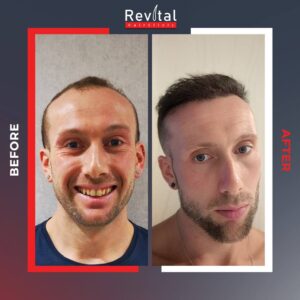
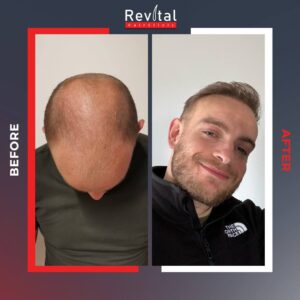
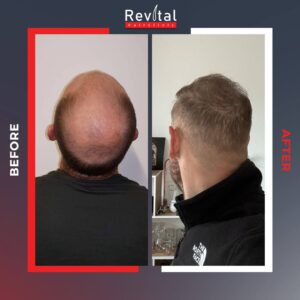
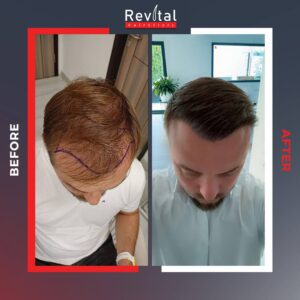
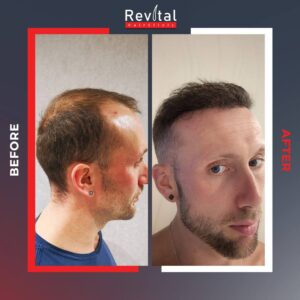

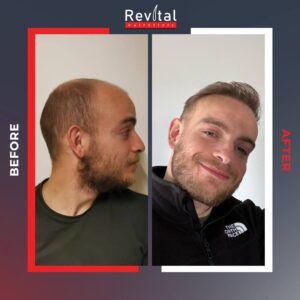
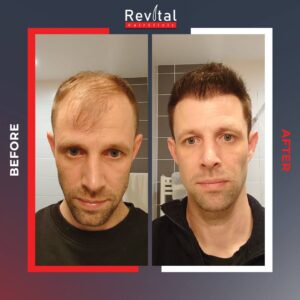
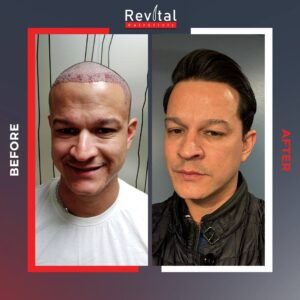
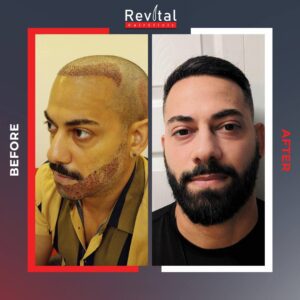
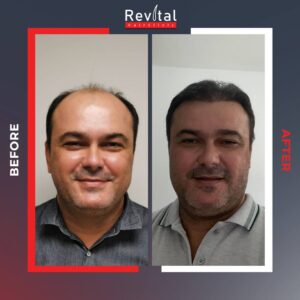
Leave a Reply